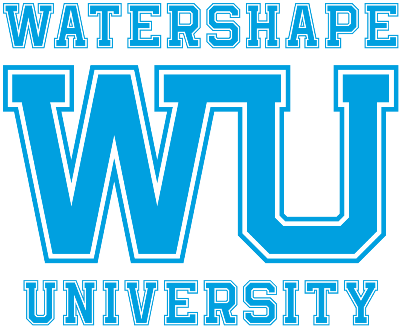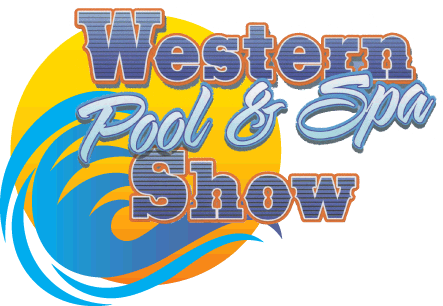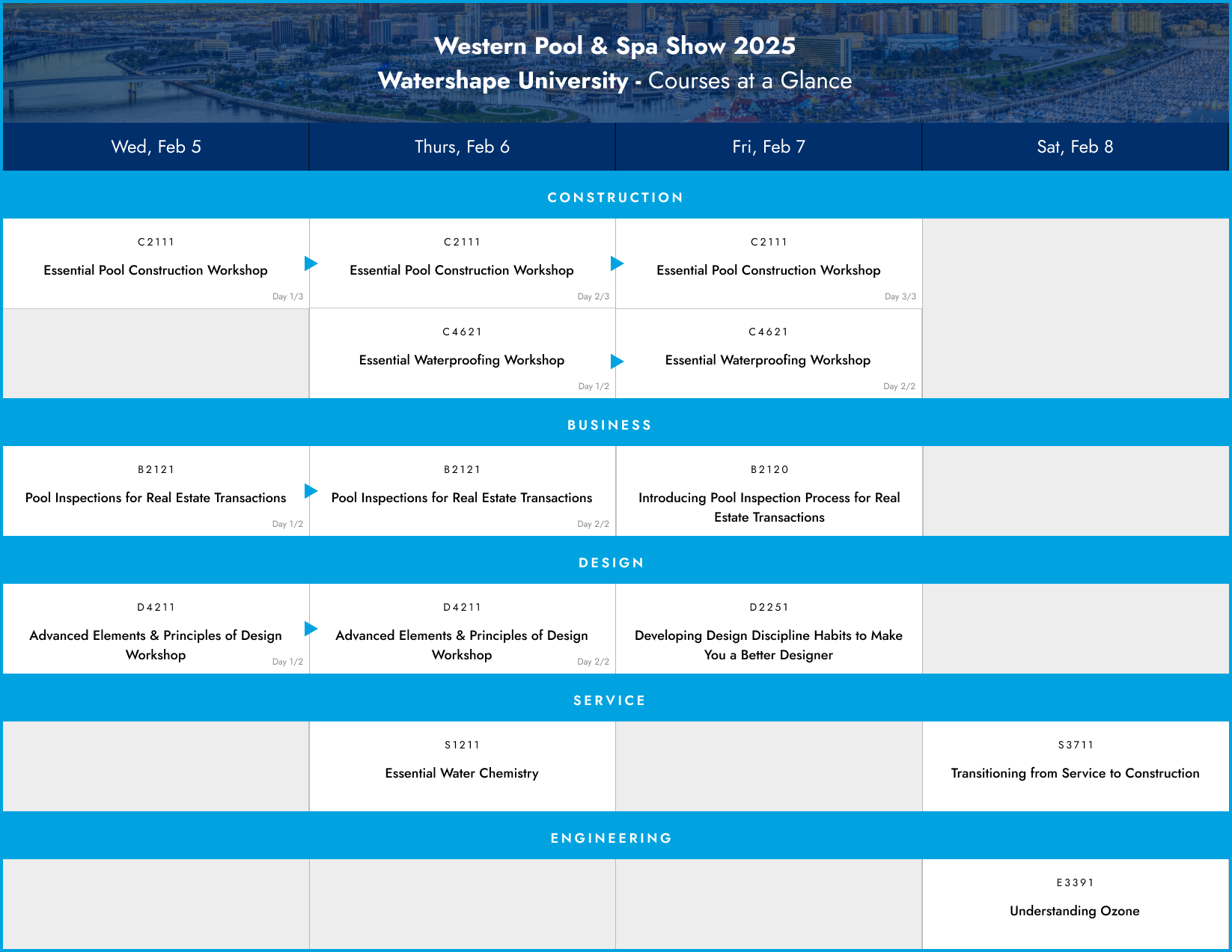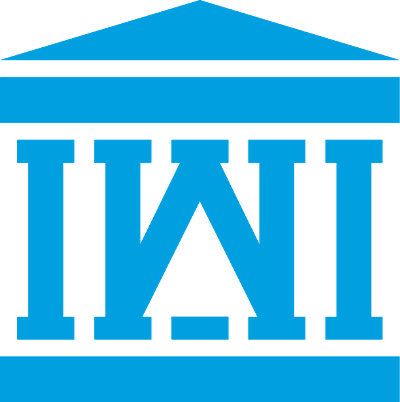Build Your Expertise at the Western Pool & Spa Show
Watershape University is thrilled to bring a diverse range of educational opportunities to the Western Pool & Spa Show, designed to help pool builders, designers, service professionals, and contractors elevate their skills and grow their businesses. Whether you’re a seasoned expert or just beginning your watershape journey, these courses provide the tools and knowledge you need to succeed.
Why Attend?
At Watershape University, our focus is on empowering professionals with practical, real-world knowledge. Each course is carefully crafted to address the unique challenges of the industry, equipping you with the skills to create beautiful, high-performing projects while boosting efficiency and profitability.
Invest in Your Growth
This is your chance to connect with the best minds in the industry, learn cutting-edge techniques, and gain the confidence to tackle new challenges. With the knowledge gained from these courses, you’ll not only enhance your skills but also set the foundation for lasting success.
Sign up for a pre-conference course today!
Each day runs from 8:00 AM – 5:00 PM (with the exception of CONSTRUCTION 4621).
Feb 5-7
CONSTRUCTION 2111: Essential Pool Construction Workshop
Feb 5-6
DESIGN 4211: Advanced Elements & Principles of Design Workshop
Feb 5-6
BUSINESS 2121: Pool Inspections for Real Estate Transactions
Feb 6-7
CONSTRUCTION 4621: Essential Waterproofing Workshop
Feb 6: 8am – 5pm, Feb 7: 8am – 12pm.
Feb 6
SERVICE 1211: Essential Water Chemistry
Special perk included!
When you register for any WU pre-conference course – you’ll be given a show session ticket at no extra charge.
This gives you access to additional WU sessions at the Western Pool & Spa Show (Feb 7-8).
If you’re only interested in a show seminar ticket, visit www.Westernshow.com to purchase directly.
Itinerary
Wednesday, February 5
8:00 AM – 5:00 PM CONSTRUCTION 2111 – Essential Pool Construction Workshop (Day 1/3)
8:00 AM – 5:00 PM CONSTRUCTION 4621 – Essential Waterproofing Workshop (Day 1/2)
8:00 AM – 5:00 PM DESIGN 4211 – Advanced Elements & Principles of Design Workshop (Day 1/2)
8:00 AM – 5:00 PM BUSINSES 2121 – Pool Inspections for Real Estate Transactions (Day 1/2)
Thursday, February 6
8:00 AM – 5:00 PM CONSTRUCTION 2111 – Essential Pool Construction Workshop (Day 2/3)
8:00 AM – 5:00 PM DESIGN 4211 – Advanced Elements & Principles of Design Workshop (Day 2/2)
8:00 AM – 5:00 PM BUSINSES 2121 – Pool Inspections for Real Estate Transactions (Day 2/2)
8:00 AM – 5:00 PM CONSTRUCTION 4621 – Essential Waterproofing Workshop (Day 2/2)
8:00 AM – 5:00 PM SERVICE 1211 – Essential Water Chemistry
Friday, February 7
8:00 AM – 5:00 PM CONSTRUCTION 2111 – Essential Pool Construction Workshop (Day 3/3)
Friday, February 7
BUSINESS 2120: Introducing Pool Inspection Process for Real Estate Transactions
DESIGN 2251: Developing Design Discipline Habits to make you a Better Designer
Saturday, February 8
ENGINEERING 3391: Understanding Ozone
SERVICE 3711: Transitioning from Service to Construction
Program Summaries
Course Description
0.1 IACET CEUs
Reliable and thorough pool inspections have become an important part of buying and selling residential properties that include pools and spas. As a result, conducting those inspections represents a significant business opportunity for a growing number of experienced industry professionals. This course provides a concise primer for those interested in becoming pool inspectors.
Learning Objectives
- Introduce inspection basics: finding/diagnosing problems and defects, recording findings, compiling a report and using inspection software.
- Review inspection examples for residential pools.
- Describe how to set up and market a residential pool-inspection business.
Instructors
Dennis Boyd
Course Description
1.6 IACET CEUs
Qualified swimming pool inspectors are in great demand for residential pools as part of real estate sales. In particular, prospective home buyers typically must have a pool inspected as part of the customary pre-purchase home inspection. This 16-hour course equips industry professionals with necessary information and skills to conduct competent and cost-effective residential pool inspections through a review of national swimming pool codes and standards.
Learning Objectives
- Perform a complete step-by-step residential pool inspection.
- Identify and diagnose pool issues that are in violation of national pool codes and standards, as well as those that may lead to costly repairs.
- Practice accurately recording all pool-issue findings.
- Generate a complete and informative pool inspection report.
Instructors
Dennis Boyd
Howard Weiss
Course Description
2.4 IACET CEUs
Students spend three days carefully examining the key elements of swimming pool construction with a focus on how basic engineering directly determines construction methods and details. Day One covers basic engineering (listed above), Day Two moves through construction phases including layout, forming, utilities, safety barriers, shotcrete, waterproofing, tile and coping, all with an eye toward exceeding standards and best practices. The program concludes with discussions about concrete decking, plaster science and start-up methods.
Learning Objectives
- List engineering disciplines: geotechnical, hydraulic, structural and electrical.
- Examine project layout, form design/construction, shotcrete application and waterproofing measures.
- Examine artisan points: tile and coping, decking, plaster preparations, cementitious finishes, materials science.
- Discuss start-up procedures, punch-list execution and project conclusion/hand over.
Instructors
Paolo Bendetti, IWI
Rick Chafey, IWI
Course Description
1.2 IACET CEUs
Waterproofing continues to be one of the most challenging components of watershape construction. The industry is abuzz with horror stories of delaminations, expensive repairs and leaking rooftop projects that flooded every floor of the building. This 1-1/2 day program combines detailed lecture with hands-on training and application to prepare builders for the challenges of waterproofing/dampproofing. From shell prep and concrete surface profiles to finish details such as pipe penetrations, this program combines the talents of multiple experts to keep students out of trouble as well as inspired by touring a couple of real installations.
Learning Objectives
- Discuss challenges of poured-in-place, wet mix and dry mix concrete placement as they relate to waterproofing.
- Identify waterproofing challenges and solutions from integral admixtures and penetrating sealers to topical products and bond coats.
- List environmental parameters and surface preparation specifications that will ensure success or guarantee failure if done incorrectly.
- Evaluate actual installations with a project tour and discussion.
Instructors
Kevin Cobabe, IWI
Trevor Foster
Course Description
0.1 IACET CEUs
Designers, by our creative right-brained and free-flow nature are wired differently than accountants and engineers. “Rules are made to be broken”, or are more of a “guideline” than an actual rule, right? Words like “Discipline” and “Developing Habits” can make us shutter and run in an opposite direction. However even in a free-thinking curiosity-encouraged design profession, there are several hard rule disciplines that, when learned and made habits, will help mold us into much better designers. And (spoiler alert!), these disciplines are not at all unpleasant! In this class, we will explore 10 practical application and lifestyle design discipline habits that will inspire your design-life and set you on a path to watch your creativity explode!
Learning Objectives
- Discuss practical application disciplines that, when directly applied to your current design process, will open up ways to drastically improve your design process.
- Review practical exercises to assist in breaking out of a design rut, and help you see each design as a unique opportunity.
- Explore Design Lifestyle Habits that will open your eyes and teach you to live every day as a creative!
- Learn how the design community can be there to support, encourage, and direct — and how you can find your place in this community.
Instructors
Jason Brownlee, IWI
Course Description
1.6 IACET CEUs
Most WU students have taken the basic Elements and Principles of Design courses and should have a solid grasp on the fundamental building blocks necessary to create good design projects. But, what happens next? What is needed to take the next steps toward becoming an exceptional designer and creating masterful Watershape and Outdoor Living spaces that connect on an emotional and visceral level? What are the Advanced Design Principles that guide Master-Level Watershape Designers to take the canvas of client, house, and site; then transform their design space into an artistic expression? We will examine these advanced principles — from historic origins to modern interpretations — as we blend design theory with emotional psychology and practical application with real-world design examples from Modern-day Masters. We will examine the extremely important WHY a space connects with its viewer, WHAT natural elements provide to a design, WHERE to successfully incorporate the advanced feature details studied in WU courses, WHEN the design is complete, HOW to develop Design Discipline Habits to improve your skills, and — most importantly — WHO can become a Master Designer — anyone with a critical eye and inquisitive mind!
Learning Objectives
- Discover the Intermediate Design Principles (Integration / Illusion / Authenticity / Engagement).
- Recognize Classical design techniques from artistic masters throughout historical periods (Golden Rule / etc.
- Understand the Gestalt Principles of Design (Proximity / Closure / Similarity / Continuity / Perception / Organization / Symmetry).
- Develop Practical Design Discipline Habits to improve your design skill set.
Instructors
Jason Brownlee, IWI
Course Description
0.2 IACET CEUs
Ozone water treatment is an advanced and effective means of sanitizing water and oxidizing most forms of aqueous contamination. This course delves into ozone from both scientific and practical perspectives. In addition to the stated objectives, the presentation also looks at important questions including whether or not ozone can be used as a stand-alone treatment method? Or, is ORP control an effective way to automate ozone generators? And what are the requirements for destroying excess ozone and preventing unwanted bather exposure?
Learning Objectives
- Define ozone water treatment and science.
- List benefits of ozone.
- Discuss sales tools, marketing and customer demographics.
- List sizing and installation measures, guidelines and troubleshooting.
Instructors
Paolo Benedetti, IWI
Tim Chew
Course Description
0.8 IACET CEUs
The first step in Watershape University’s service-certification path, this course takes a comprehensive dive into both water quality and water balance. Taught by chemistry expert and instructor, Eric Knight, students will explore the physical nature of water and why it behaves the way it does. Course content also features ways to deal with the most common water-quality problems, and how to prevent them before they start.
Learning Objectives
- Define water quality in terms of chlorination, disinfection oxidation and mineral balance.
- Explore secondary sanitizing methods and technologies, and the spectrum of specialty chemicals and their uses.
- Examine water chemistry indices including the Langelier Saturation Index and the Ryzner Stability Index, and how they are best applied to ensure quality water conditions.
Instructors
Eric Knight
Course Description
0.2 IACET CEUs
If you are a service professional beginning to do renovation work or considering jumping into construction then this program will get you started in the right direction. The instructors began their successful construction careers exactly this way – they serviced pools and then realized that they could build better if they only had the right knowledge to reduce risk, stay out of trouble, and make money. Along their path to construction they had to navigate the legal hurdles of obtaining the right licenses, insurance and other legal protections. Then they had to source qualified subcontractors to help them succeed. With this program you have the unique opportunity to learn from others and get you building fast.
Learning Objectives
- List legal considerations including licensing, contractor bonds, insurance, and sole-proprietor vs. corporation.
- Discuss minor renovations vs. major renovations vs. new construction.
- Identify sources for subcontractors and important criteria used in hiring.
- Identify educational opportunities to prevent costly mistakes and learn from others’ errors.
Instructors
Paolo Benedetti, IWI
Take the next step in your professional journey with WU.
Join us at the Western Pool & Spa Show in February.





